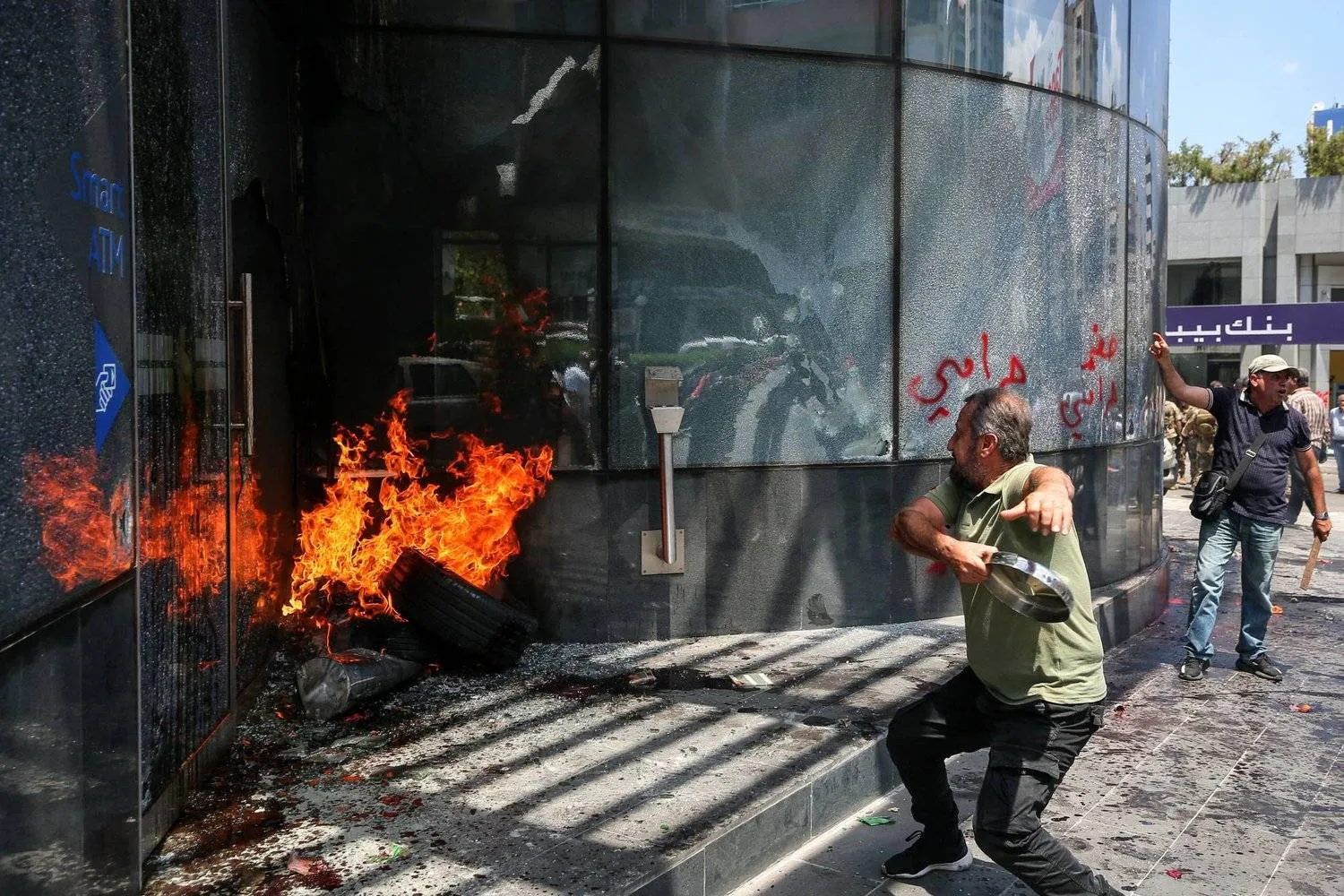Speaker Nabih Berri has revealed that he will take his time in scheduling a new session to elect a president, saying that Lebanon averted a “huge crisis” following the last presidential elections this week.
On Wednesday, neither Jihad Azour nor Sleiman Frangieh came close to winning the 86 votes needed to win in a first round vote.
Azour won the support of 59 of 128 lawmakers. Frangieh secured 51.
The session — the twelfth try to pick a president — broke down after the bloc led by Hezbollah withdrew following the first round of voting, breaking the quorum in the 128-member house. All lawmakers attended the session.
Berri told Asharq Al-Awsat that the votes granted to Franjieh were a huge message to the politicians backing Azour.
Franjieh’s rivals “were shocked,” said the speaker.
“Lebanon averted a crisis following the latest presidential vote,” he stated, adding that those backing Azour were sure that he would get at least 67 votes and were planning on initiating a dispute by staying in the parliament and considering him elected.
“This would have put the country on a very dangerous path,” warned Berri, whose Amal movement backs Franjieh.
“Everyone should be aware that there is no way out (of Lebanon’s political crisis) but through dialogue,” he said.
Berri stressed that it was necessary to swiftly elect a president in order to launch the much-needed reforms and salvage the country from its financial crisis.
“The presidency is just the start. We need a prime minister and then a government with a clear program to come out of the crisis,” stated the speaker.
Asked about the possibility of electing army chief Gen. Joseph Aoun as a consensual candidate, Berri said that Aoun has “succeeded in managing the military institution,” and that “his election requires a constitutional amendment, which is not possible given the current alliances in the parliament.”
“Garnering 86 votes for a constitutional amendment would face many obstacles,” he added.









